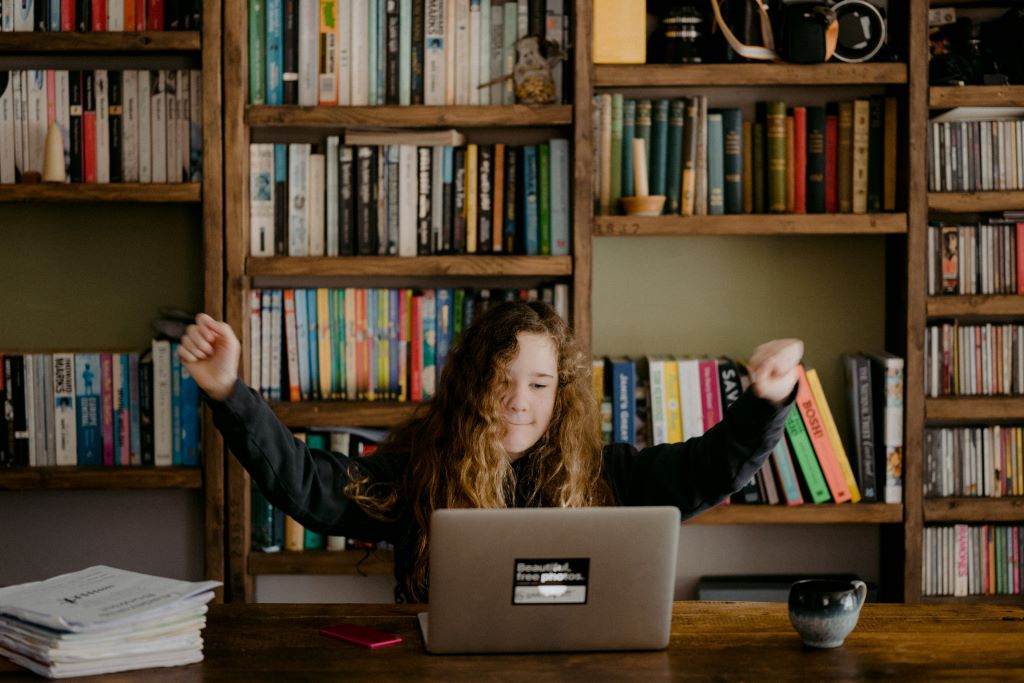
It is estimated that due to the technological revolution, 375 million people, or 14% of the global workforce, will need to switch roles by 2030. Unsurprisingly, some companies are already investing in up- and re-skilling of their workforce to make the most out of this new reality. For instance, Microsoft will re-train 15,000 of its own workers in the next three years to become more innovative.
Simply put: in the digital age, the skills we have traditionally been learning in schools are quickly becoming insufficient. And because of the failures of the more conventional education to provide the skills we need, it is time to rethink our approach to learning.
The one thing you, your country and your company need to do in 2020 is to embrace lifelong learning!
But how do we move from education solely understood through the prism of schools and universities to the more individual and dynamic form of learning? To answer that question, Alain Dehaze, CEO of The Adecco Group joined Prof. Dr. Katharina Lange from IMD to record a podcast on lifelong learning (and how to do it well).
Here are the key take-aways from their discussion:
Public sector: recognising the failures of the educational system to teach all the necessary skills we need for the 21st century, some countries have begun rolling out new innovative policies that will help bridge the skills gap. For instance, France and the Netherlands have introduced the so-called individual portable accounts, which will encourage people and companies to put money aside to fund the necessary up- and re-skilling training.
Private sector: companies, therefore, play a key role in facilitating the lifelong learning of their employees. But many of them are yet to take the full advantage of the power and benefits of re-training one’s own staff. To change that, the private sector should invest less in outplacement budgets and more in re-skilling the employees.
Individuals: did you know that on average people lose as much as 40% of their skills every three years? In the fast-paced changing world there is no time to waste time. Each one of us, individually, bears some responsibility for advancing our skills to remain competitive. The best way to start is to enhance the hard skills we have by learning new and important (but often overlooked) soft skills.
Become more competitive
Life-long learning is a never-ending process, but it is a step in the right direction en route to success and employability. If done well, lifelong learning can be an opportunity for both the public and private sectors as well as for us individually. Those who are willing and prepared to adapt to the digital age stand to gain the most. Are you ready to embrace lifelong learning and learn how to learn properly?
Listen to the entire podcast discussion on lifelong learning between Alain Dehaze and Katharina Lange here.


